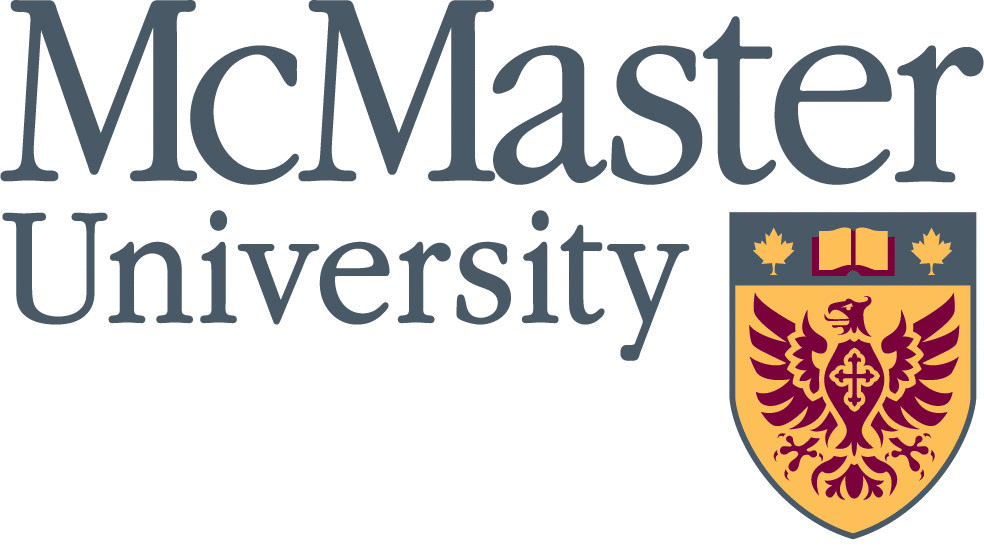by Helen Barton and Les Robb
The recent contract negotiated between the University and the Canadian Auto Workers Union Local 555 (CAW 555), which represents most non-management salaried staff and technicians at McMaster, includes clauses which change dramatically the post-retirement benefits for employees hired into this group in the future and likely will change their pension arrangements as well.
The cost of post retirement health benefits will be increased for all new employees. Retirees with less than 20 years service will pay 100% of the monthly cost of contributions for the McMaster retiree benefit plan, if they opt to stay in the plan. Those with longer service will pay a fraction of the contribution costs on a sliding scale (ranging from 25% for service longer than 30 years to 75% for service between 20 and 25 years).
The pension arrangements for new hires have been sent to arbitration and the outcome won’t be known for some time. The University had proposed that future hires into positions represented by CAW 555 would participate in a group RRSP plan rather than the salaried pension plan. In this, the University would match employee contributions (as compared to paying about twice the employee contributions for current service in the Salaried Pension Plan). The Union wanted to keep the current arrangements for new hires. The two sides will now make proposals to an arbitrator who will make the final decision. This is not final offer arbitration of the sort faculty have recourse to in contract negotiations, but one that allows the arbitrator to pick one side or the other, or to ‘split the difference’ and decide on something between the two positions. The parties will make proposals to the arbitrator, which may or may not be the same as the positions they held at the end of negotiations.
Although it is not yet a matter that is decided, it is worth a thought or two about the arrangement the University has suggested and, in fact, already imposed on employees in The Management Group (TMG). A group RRSP is similar to a defined contribution plan but would not be registered with the Financial Services Commission of Ontario and as a consequence would not have the requirements of transparency and the protections of that body. The pension risk would be entirely shifted from the University to the individual employee. After the University makes its matching contribution to the RRSP it has no further obligation to the employee. Contrast that with the pension we receive where the monthly payment is guaranteed and we can even look forward to some inflation increases when markets do well. It is a huge change in the employee-employer relationship.
The direction the University is taking here is not new. The hourly rated employees and TMG have already been pressured to accept differential treatment of new hires and the University seems to want to move down this path with all of its employee groups.
Should those of us in the Salaried Pension Plan and, more particularly, those of us who are retired be concerned about these changes? We think there is no serious reason for concern in the near term but do have some concerns about the longer term.
The University guarantees our pensions and the University is required by law to continue to make payments (including payments to eliminate the deficit) as long as the University keeps operating. There is no reason to expect the University is headed for bankruptcy, and the University has made statements that it has no intention of winding up the plan (see the Your Pension is Safe FAQ at the McMaster Daily News web site.
For the longer term, it is hard to be so confident. There is a concern that the employer might change its mind about winding up the Salaried Pension Plan and pay out a lump sum to all the retirees, and as time passes there will be fewer active members in the Salaried Plan to defend it. For some, this might be a good thing, but for most it would likely bring a host of headaches. Recall that all of us who are on pensions had the option of taking a cash equivalent at the time of retirement and chose not to do so. Presumably we prefer the pension payments and not having to worry about investing those funds. Moreover, anyone who looked carefully at the cash option knows that it was not possible to buy an annuity on the market for anything like the amount you would get for the “cash equivalent” of your pension. These concerns are probably decades off, but we would be putting our head in the sand to ignore these prospects.
In response to the directions the University was taking on pensions and benefits during negotiations, MURA Council wrote to Peter George, McMaster’s President, and to Matthew Root, President of CAW 555, on behalf of retirees to express our concerns about the breakdown of the sense of community that will undoubtedly be caused by a two-tier system and the ever-increasing number of new employees with inferior benefits. MURA urged both sides to work toward a solution that would keep all salaried employees in the defined benefit pension plan, and provide an equitable health benefits package to new employees.
